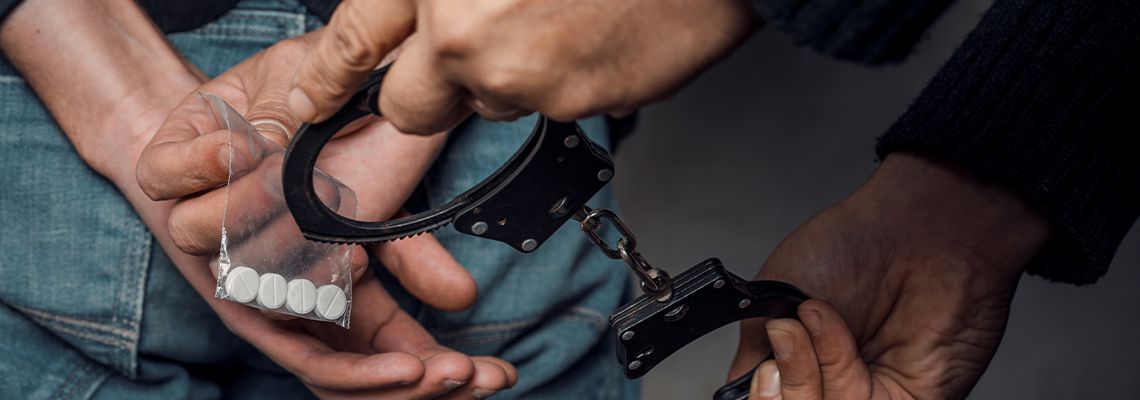When someone is facing drug possession charges in Iowa, the quantity of the drugs involved can significantly influence the severity of the charges and the potential penalties. Drug laws in Iowa are strict, and penalties increase with the amount of the controlled substance in question.
Drug Possession Charges Could Result Even with Valid Prescription
Needing prescription medication is something that most people in Iowa and across the country will experience at some point in their lives. Whether they need anything ranging from a simple antibiotic to an opioid pain reliever, a valid prescription is necessary to obtain and use those medications.
If a person does not have a valid prescription or cannot prove that he or she has one, serious legal repercussions could result if approached by law enforcement. If authorities have recently taken you into custody on suspicion of prescription drug possession or distribution, you may undoubtedly feel worried about the predicament. What could it mean for you?
Many Factors Could Affect Your Case
Unfortunately, if you have formal drug possession charges brought against you and face a conviction in court, you could face steep monetary penalties as well as time in jail. The exact outcomes can depend on a number of factors, including whether authorities suspect that you unlawfully acquired the prescription drugs, had them in your possession, or distributed or intended to distribute them. Other factors that may affect your case include the following:
The type of drug involved
The amount of the drug allegedly discovered
Whether you have a valid prescription but did not have proof at the time
Even if you have a prescription for a particular medication, if authorities suspect that you possess the drug in a different form than prescribed, such as having extended-release capsules in your possession though your doctor-prescribed tablets, you could still face criminal charges. If you have medication that a doctor previously prescribed but the prescription expired, legal issues could result, which is also the case if you have a valid prescription but do not have the prescription label on the bottle or other container.
Not as Straightforward as You Think
When many people think of prescription drug possession charges, they may think of someone intentionally trying to thwart the law, but that is not always the case. An improperly repackaged prescription, missing label or other issue could just as easily lead to misdemeanor or even felony charges. Fortunately, even if this is your predicament, you are innocent until — and only if — considered guilty by a court of law. As a result, you may want to take the time to thoroughly assess the details of your arrest to understand the situation.
RECENT POSTS
Constructive possession is often used in situations involving shared spaces, such as cars, homes, or apartments. It can be a highly contested issue in court, as it relies on circumstantial evidence and interpretation of a person’s proximity, knowledge, and control over the location where the drugs were discovered.




